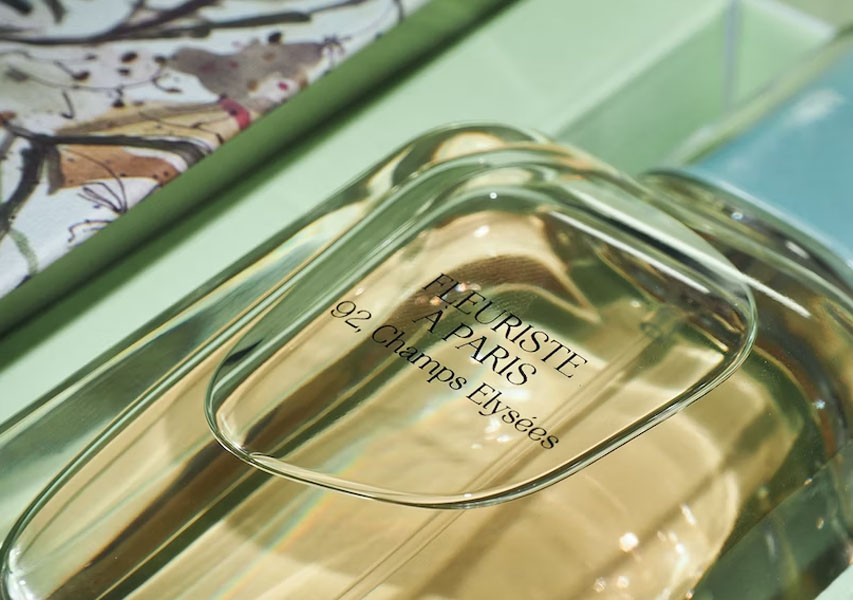Eau de toilette and eau de parfum may sound similar, but they’re entirely different. Thankfully, it’s easy to remember what makes each unique. Essentially, an eau de toilette is lighter and wispier than an eau de parfum, which tends to be more concentrated, and is thus stronger in aroma. The two vary in intensity, with eau de parfum containing a higher strength and concentration of fragrance. Because the fragrance profile of an eau de toilette is lighter, this is what most people turn to for daily use. The product has more essential oils and a lower alcohol content, making it suitable for daily use.
That said, for some people, an eau de toilette doesn’t have as strong a staying power on the skin as an eau de parfum, but of course, this all depends on the structure of the fragrance itself as well as the wearer. In contrast, an eau de parfum may be overpowering and only fit for a special occasion. Some companies offer the same scent in both an eau de toilette and an eau de parfum version—in this case, it’s likely that the fragrance is exactly the same, but the concentrations in each differ.
HOW SHOULD I STORE MY COLOGNE?
Don’t ignore the “store in a cool, dry place” on the bottle of your colognes—they’re written on there for a good reason. Many people store their fragrances in their bathroom, but because your bathroom tends to be a warm, moist environment, it’s not the best choice of storage when it comes to your fragrance. Your cologne is best stored in its original box, standing upright, and in a cool environment such as your nightstand, inside your closet or tucked inside your dresser drawer. Also, avoid putting your fragrance in the refrigerator—while this may prove to be beneficial for your hydrogel sheet mask, your fridge can oxidize the cologne or degrade the formula.
HOW LONG DOES A BOTTLE OF COLOGNE LAST?
The standard shelf life of a bottle of cologne varies, but it’s typically three to five years. Still, you should always check the label of your product to confirm. Because fragrance isn’t like food in the sense of having an expiration date, in some cases it may be appropriate to continue using it past the five-year mark. Formulas with heavier base notes tend to be longer-lasting, while oil-based fragrances as well as those with citrus notes tend to have a shorter shelf life. In either case, if your product smells sour, appears oxidized, or boasts an acidic or metallic scent, this may be a sign that too much oxygen entered your bottle, and it may be time to toss it.
